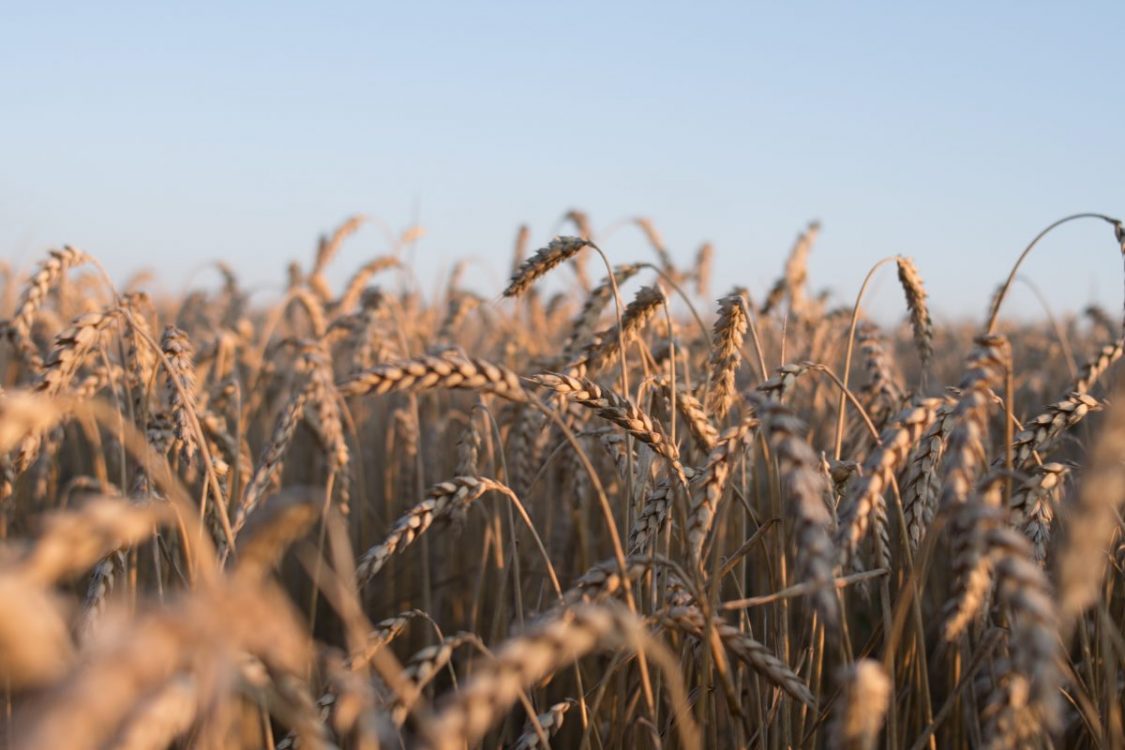Tapping into ancient and wild wheat varieties that have demonstrated resilience to climatic shocks, pests, and diseases holds the key to food security in the Global South, where 1.5 billion people rely on the crop as a staple food, international scientists said on Monday.
The scientists, who are affiliated with the International Maize and Wheat Improvement Center (CIMMYT) and its research partners, said in two published studies that leveraging the vast genetic pool of ancient wheat species grown over millennia will climate-proof the cereal, protect habitats, and boost the war on hunger.
There are nearly 800,000 wheat seed samples stored in 155 gene banks worldwide, including wild relatives and ancient and farmer-developed varieties that have withstood environmental stresses over millennia, according to the scientists.
While only a fraction of this genetic diversity has been utilised in modern crop breeding, noted the scientists, it has delivered massive benefits including higher yields in the face of harsh weather conditions.
The cultivation of disease-resistant wheat varieties has already avoided the use of an estimated one billion litres of fungicide since 2000 while incorporating wild traits demonstrated 20 percent more growth under extreme heat and drought conditions compared to conventional varieties, said the scientists.
Susanne Dreisigacker (pictured), a molecular breeder at CIMMYT and co-author of the study, called for transferring disease-, pest- and drought-resistant genes from wild relatives to conventional wheat varieties to feed humanity without harming ecosystems.
“As extreme weather events, including heat stress, flooding, and droughts, become the norm in the Global South, harnessing the ancient genetic diversity will revolutionise wheat breeding and sustain global food and nutritional security,” the scientists declared.
The scientists added that wild wheat varieties utilise nitrogen more efficiently, have superior traits like more extensive root systems for better water and nutrient access, and perform well across a wider temperature range.
Benjamin Kilian, co-author of the study and coordinator of the Crop Trust’s Biodiversity for Opportunities, Livelihoods and Development (BOLD) project, suggested that new technologies like next-generation gene sequencing, big-data analytics, imagery, and remote sensing should be utilised to help breeders access a large pool of ancient wheat genetic diversity.





















